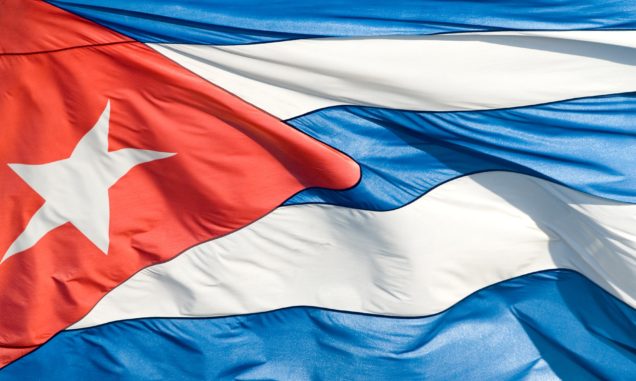PHLN Network Shines in Puerto Rico Response
While the Public Health Learning Network is effective every day delivering training across the country, the value of a dedicated public health network became even more clear in the recent coordinated response to the public health crisis in Puerto Rico.
Local Partnerships are Essential:
After being hit in September by two category five hurricanes, and with much of the population in distress, one of the PHLN partners on the ground, Impactivo LLC1, sprang into action. Working with the Puerto Rico Department of Health, Impactivo identified the most urgent training and information needs in Puerto Rico, and communicated back to partner the partner Training Center in HRSA Region 2. With the communication infrastructure damaged, access to online trainings and CDC information was not available.
1In the language of the HRSA Public Health Training Center grant, Impactivo is a “Local Performance Site”.
The Network Acted Quickly:
The PHLN Network response took two primary forms:
- The immediate task was to generate information needed in simple, easy-to-transfer formats, in Spanish (see below):
- Led by Columbia University Mailman School of Public Health, the PHLN deconstructed online content by topic area to be deployed as micro trainings and an impressive public service campaign called Salaudame Saludable. Region 1’s New England Public Health Training Center, which has the Preparedness content area, was privileged to contribute to the resource identification task.
- Some content topics were not available or needed an expert to simplify for the unique situation (e.g. cistern water treatment). The PHLN reached out to their own networks of experts, harnessing their own subject areas and related academic communities, providing or simplifying content within days of request.
- The bigger picture strategy was led by Marita Murman, PI of Region 2 Public Health Training Center Vincent Lafronza, CEO of national coordinating center, National Network of Public Health Institute. Both worked as introducers for Impactivo to access national partners and additional resources. NNPHI also acted and will continue to act as a convener of involved parties to transition the short-term effort to a longer-term sustainable response. At APHA and beyond, NNPHI will lead meetings with leaders of Puerto Rico public health recovery effort including representatives from the PHLN and the CDC Foundation. This recognizes that the PHLN may continue to have roles in future recoveries as unique needs are identified by local partners.
Locals have a Local Network:
Impactivo LLC was a tremendous partner on the ground: identifying critical needs, and developing a network of for-profit, non-profit, and media organizations that are supporting a public health campaign and distributing information. Impactivo’s list of helping organizations has grown to over fifty. For a copy of Impactivo’s October 14 report, describing the high-level process and the helping organizations (including New England Public Health Training Center) click here.
See the unbranded micro trainings:
Animal Cadaver Disposal – Spanish
Asthma Management During a Disaster – Spanish
Avoiding Carbon Monoxide Poisoning – Spanish
Diabetes Management During a Disaster – Spanish
Dialysis During a Disaster – Spanish
Keeping Safe Indoors & Outdoors – Spanish
Mental Health First Aid Adults – Spanish
Mental Health First Aid Children – Spanish
What lessons can we learn from this recent Puerto Rico Recovery collaboration?
More lessons will surely emerge as the recovery journey continues. For now, Region 1 observes:
- Having permanent public health networks matter, especially for crises
- Online and complex interactive content is not always better, especially for crises that affect damage power and communication
- Nimble response can be critical
- High quality partners on the ground make this a potentially replicable model
Stay tuned for more information as the PHLN continues to build stronger national relationships to help partners respond to future crises.
Region 1 would like to recognize the Marita Murman, PI for Region 2 Public Health Training Center and Samantha Cinnick, Regional Coordinator for the Public Health Training Center for their leadership and dedication to building a network of information responders. Acknowledgement should also be given to Shwetha Baskhar, Instructional Designer Region 2 Public Health Training Center, Charoma Blyden, Instructional Designer Region 1 New England Public Health Training Center, and Pedro Castellon, Associate Director of the Miami Research Center of the Mailman School of Public Health for Spanish translation. All graciously contributed many hours to the response.
Questions? Karla Todd, Program Manager, Training Specialist, NEPHTC, toddks@bu.edu
